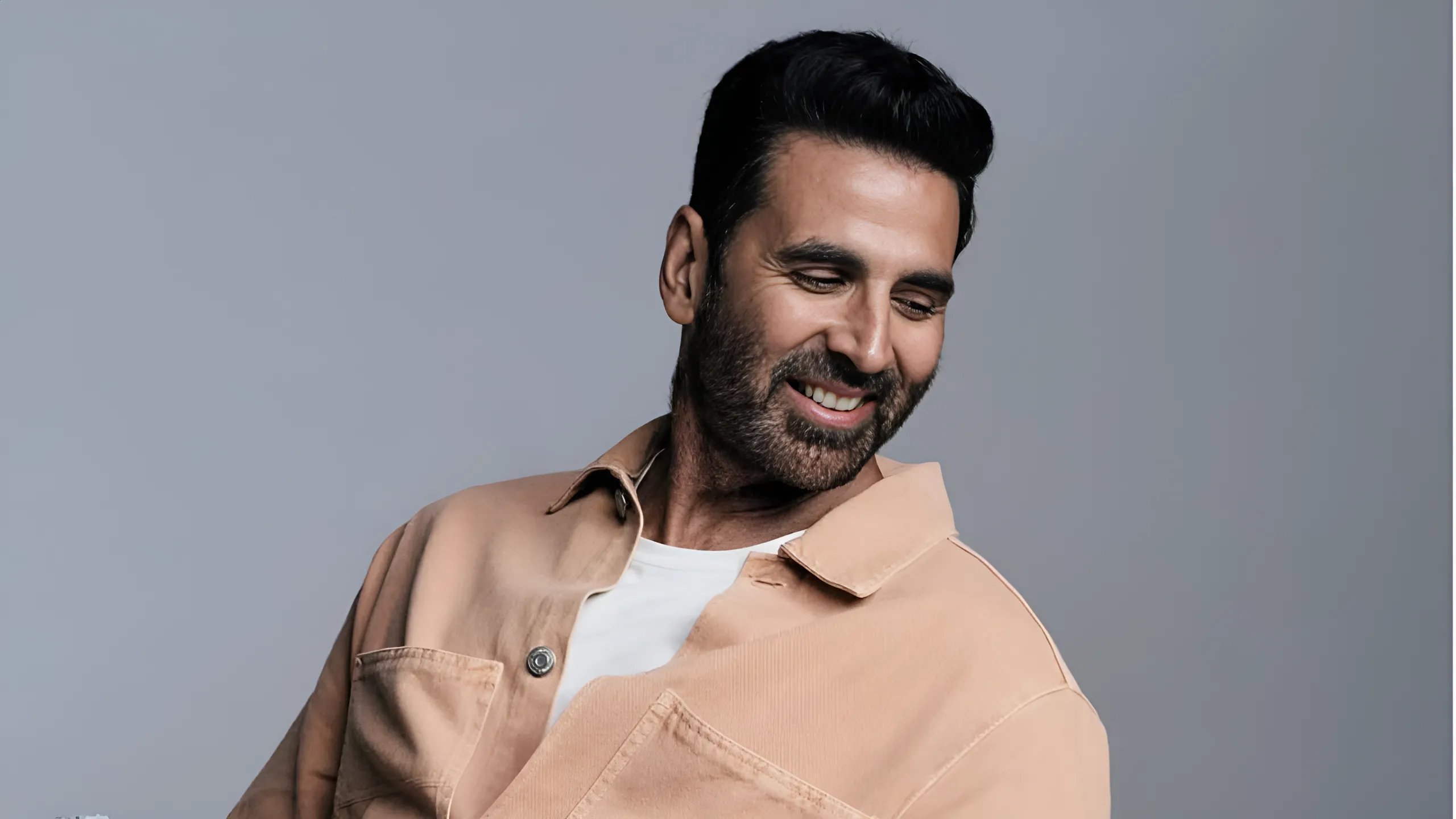by Priyanshi Baranwal
student at Miranda House, Delhi University
In the record of India’s legal history, moments of profound changes have emerged from the chambers of
Supreme Court. One such memorable instance occurred recently on Wednesday when the Supreme
Court of India with the sentiments of millions, rendered a historic step to weed out the stereotypes against women, the Supreme Court of India elaborated a collection of 30 pages of handbook elaborating the ‘WORDS’ that should and should not be used while providing any judgment or report in the court. The 30 PAGES HANDBOOK aims to remove the stereotypical obligations women faces in everyday life. The first paragraph of the handbook says, ‘reliance on stereotypes about women is liable to distort the law’s application to women in harmful ways’, the step was taken to ensure that no judgment is based on any past pre-determined stereotypical thinking about a women, the handbook is issued to avoid any bias in the verdict by the judges and lawyers because of the use of such words. ‘The Handbook on Combating Gender Stereotypes aims to assist judges and the legal community in identifying, understanding, and combating stereotypes about women. It contains a glossary of gender- unjust terms and suggests alternative words or phrases that may be used while drafting pleadings as well as orders and judgments. The Handbook identifies common stereotypes about women, many of which have been utilized by courts in the past and demonstrates why they are inaccurate and how they may distort the application of the law.

The intention is not to criticize or cast doubt on past judgments but merely to show how stereotypes may unwittingly be employed.’ Dr. Justice Dhananjaya Y. Chandrachud, Chief Justice of India further explained. The handbook points out common wrong ideas about women and explains how these ideas are wrong and can make laws unfair, the handbook aims at regulating the future of work. Words such as ‘chaste women’, ‘career woman’, ‘easy virtue’, ‘fallen woman’, ‘harlot’, ‘Indian woman/ western woman’, ‘seductress’, ‘slut’, ‘whore’, ‘woman of loose morals’ have been changed to just ‘woman’. ‘ Forcible rape’ has been changed to ‘rape’. ‘ Dutiful wife, faithful wife, obedient wife’ changed to ‘wife’. ‘Transgender’ has been changed to ‘transsexual’, An individual who has been affected by sexual violence may identify themselves as either a “survivor” or “victim” both terms are applicable preference should be unless the individual has expressed a preference, in which case the individual’s respected. These were the examples of some of the memorable and important changes addressed by the Supreme Court via the handbook. The handbook further explained the term “gender, according to it “sex” is about the biological differences between people, like being male or female. “Gender” is more about how society thinks people should act based on whether they are seen as girls, boys, women, men, or something else. Gender is not just about being a girl or a boy – it’s a wide range of feelings and expressions that can change over time. It’s important to remember that gender is something society comes up with, including how people are expected to act and what roles they have, the handbook also pointed out the gender based stereotypes and gave a better and non-biased statements for it. The chief justice especially thanked the social justice sub-committee of the e-committee, Justice Moushumi Bhattacharya, Judge, Calcutta High Court; Justice Prathiba Singh, Judge, Delhi High Court; and Professor Jhuma Sen in particular, for the initial draft. He also mentioned DR. Sukhda Pritam, MR. Anurag Bhaskar and MR. Vasudev Devadasan for their valuable inputs. People may think that ‘I don’t believe in stereotypes than why should I read this’, Research has shown that most of us hold some subconscious biases which stem from stereotypes. While we all like to believe that we are unbiased and fair, chances are that each one of us (like most people) rely on stereotypes in some form or the other in our professional and personal life. The FREE handbook is released to combat the gender stereotypes faced today raise awareness against the utilization of harmful stereotypes, particularly those prejudicial to women writing. This handbook gives advice on how to not use harmful ideas about how men and women should be in legal decisions and surroundings. We all sometimes use these ideas by accident, because they are things we have learned from society. It can be hard to realize when we are doing it. But It is really important to stop using these ideas. If we want a fair, welcoming, and caring society, we need to challenge and change these ideas.






